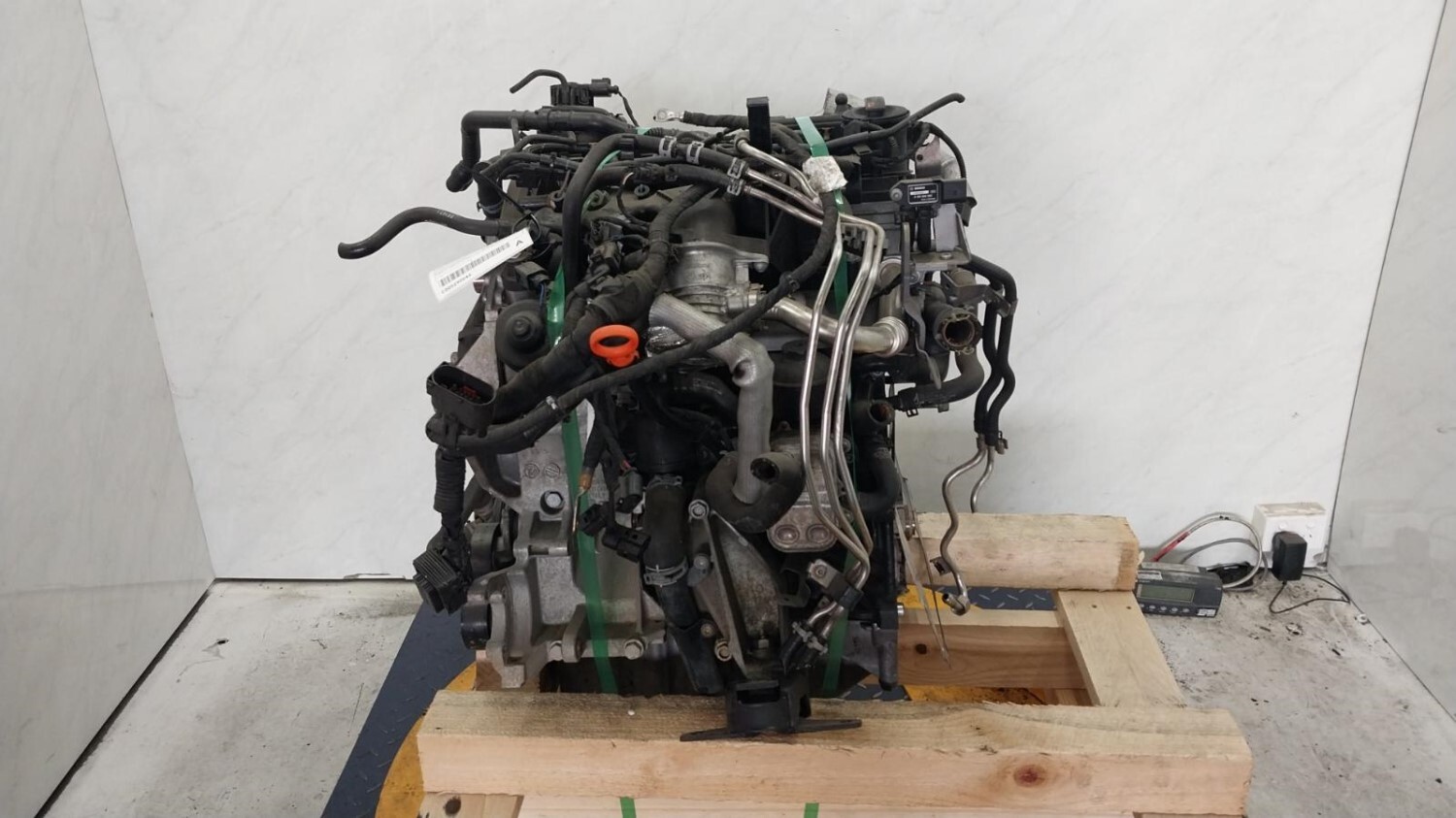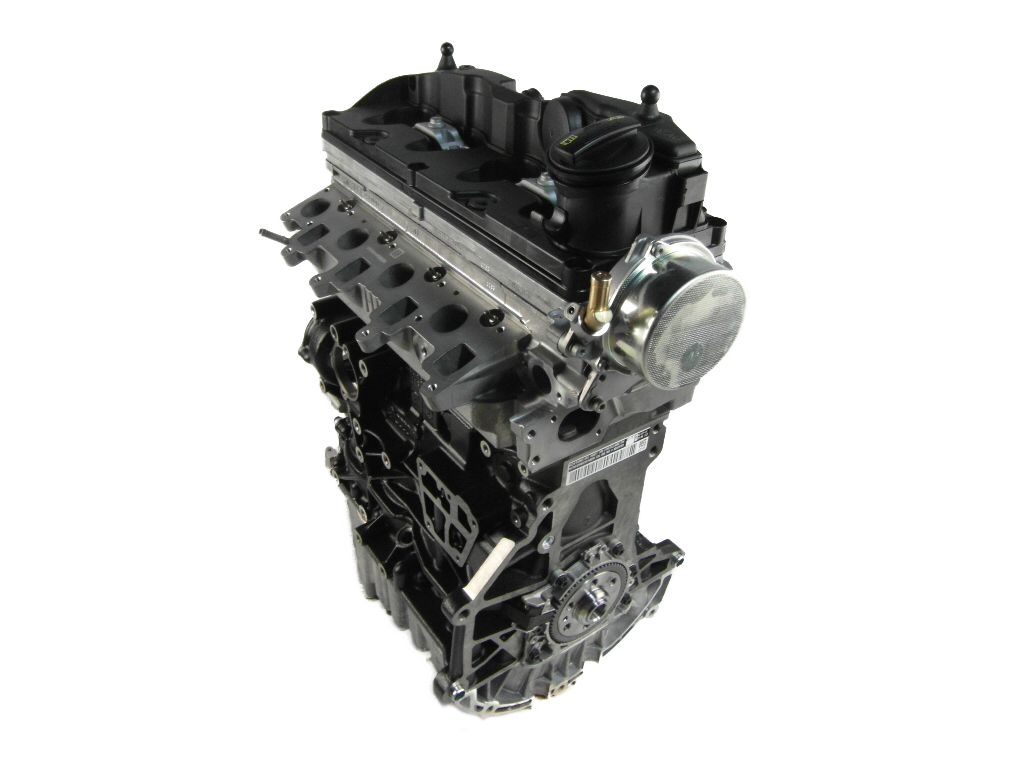Discover the very best Bargains on Amarok Engine for Sale-- Quality and Performance Assured
Discover the very best Bargains on Amarok Engine for Sale-- Quality and Performance Assured
Blog Article
Browsing the Process of Engine Selection: Trick Factors to Think About
The process of engine selection is a multifaceted undertaking that requires careful examination of a number of important factors to guarantee positioning with functional objectives. Performance requirements, gas effectiveness, and financial restrictions are simply the start; factors to consider around ecological effect and upkeep support play a crucial duty in the decision-making structure. Recognizing exactly how each of these elements connects can dramatically affect the efficiency and durability of your financial investment. Nevertheless, the details of each variable may not be instantly apparent, motivating more examination of just how to tactically navigate this complex landscape.
Efficiency Needs
When picking an engine, it is critical to develop clear efficiency needs that straighten with the designated application. Performance demands encompass a variety of aspects, including power result, torque features, and responsiveness, which have to be customized to the specific demands of the vehicle or machinery concerned.
Power result, generally gauged in horse power, figures out the engine's capacity to move a vehicle or do a job successfully. Torque, on the other hand, is important for applications needing solid first velocity or heavy training capacities. An understanding of the operational setting is also crucial; for instance, engines designed for off-road applications may need different performance characteristics contrasted to those planned for freeway usage.
In addition, think about the operational lots and duty cycle, as these aspects influence the engine's long life and integrity. In high-load scenarios, a robust engine design might be essential to prevent premature wear or failure. Additionally, performance demands must likewise integrate considerations for discharge standards and regulatory compliance, particularly in regions with stringent environmental regulations. By specifying these efficiency criteria early in the selection process, stakeholders can make informed decisions that improve general operational efficiency and performance.
Gas Efficiency Considerations
While performance needs are important, fuel efficiency is equally important in the engine choice procedure, as it straight influences operating prices and environmental sustainability. Fuel-efficient engines take in less fuel each of job done, which not only lowers overall expense yet additionally minimizes greenhouse gas discharges. As organizations significantly prioritize sustainability, picking an engine that enhances gas efficiency can boost corporate duty and compliance with ecological regulations.
When examining gas effectiveness, it is vital to take into consideration the engine's style and modern technology - amarok engine for sale. Developments such as turbocharging, straight fuel injection, and crossbreed systems can significantly enhance gas economy. Additionally, comprehending the operating conditions and task cycles of the engine application is vital; engines may carry out in different ways under differing speeds and lots
Moreover, producers usually provide fuel intake information that can be used to contrast various engine choices. It is recommended to examine these requirements in real-world circumstances to ensure precision. The type of fuel made use of can additionally affect fuel efficiency; alternative gas might use much better efficiency and reduced exhausts. In recap, fuel efficiency is a multi-faceted consideration that needs thorough evaluation throughout the engine option process.
Budget and Cost Evaluation
Budget and price evaluation serves as an essential element in the engine selection procedure, influencing both short-term investments and long-lasting functional expenditures. When evaluating potential engines, it is important to take into consideration not just the preliminary purchase price however likewise the overall cost of possession, which incorporates setup, upkeep, fuel consumption, and possible downtime.
A detailed analysis needs to begin with the ahead of time costs linked with the engine, including required alterations or supplementary equipment. Nonetheless, concentrating exclusively on initial expenses may bring Recommended Reading about misdirected choices. Examining operating expenses over the engine's life-span is equally crucial, as much more pricey my sources engines may use premium fuel effectiveness or lowered upkeep needs, eventually causing set you back financial savings.

Environmental Influence Factors
Understanding environmental impact variables is crucial in the engine selection procedure, as sustainability considerations have ended up being progressively vital for both regulatory compliance and corporate duty. Organizations has to evaluate the emissions generated by numerous engine kinds, consisting of carbon dioxide, nitrogen oxides, particulate matter, and unburned hydrocarbons. These exhausts contribute considerably to air pollution and environment change, requiring a careful evaluation of the engine's environmental footprint.
Furthermore, gas kind plays a critical function in environmental impact. Engines powered by renewable resource resources, such as biofuels or hydrogen, often tend to have a lower ecological effect contrasted to traditional nonrenewable fuel sources. Furthermore, the lifecycle assessment of the engine, from manufacturing with procedure to disposal, should be considered to comprehend the complete range of its environmental ramifications.

Maintenance and Support Options
When selecting an engine, the schedule of upkeep and assistance alternatives is a vital consideration that can substantially affect functional performance and long life. Comprehensive upkeep plans make sure that the engine operates at peak performance and minimizes unforeseen downtimes. It is necessary to evaluate the maker's support network, consisting of the availability of certified technicians and solution centers.
Examining the ease of access of extra components go to this web-site is likewise crucial. A reliable supply chain for components can decrease preparations for repair services and maintenance, consequently improving total efficiency. Additionally, think about the ease of getting technological documentation and training sources, which are important for making sure that workers are well-equipped to deal with routine and emergency scenarios.
Another vital element is the warranty and service contracts provided by the maker. These contracts can provide satisfaction and monetary protection against unforeseen concerns. Inevitably, a proactive approach to maintenance and assistance not just extends the life of the engine however additionally adds to the overall success of the operation. Careful consideration of these aspects will certainly result in notified choices that straighten with functional objectives and spending plans.
Verdict
Finally, the procedure of engine option requires an extensive analysis of various essential variables, consisting of performance needs, gas performance, budget plan restrictions, environmental impact, and maintenance assistance. By thoroughly examining these elements, notified choices can be made that line up with operational objectives and sustainability goals. Inevitably, a strategic approach to engine selection will certainly ensure optimum performance and long life while resolving ecological and monetary factors to consider successfully.
While efficiency demands are critical, gas efficiency is just as vital in the engine selection procedure, as it directly influences operating costs and ecological sustainability. As companies increasingly focus on sustainability, picking an engine that optimizes gas efficiency can improve company responsibility and conformity with ecological regulations.
Additionally, recognizing the operating conditions and responsibility cycles of the engine application is essential; engines may do differently under differing tons and rates. (amarok engine for sale)
Examining operating prices over the engine's lifespan is similarly essential, as more costly engines may supply superior fuel efficiency or minimized upkeep demands, inevitably leading to set you back financial savings.
In conclusion, the procedure of engine option necessitates an extensive analysis of numerous critical elements, consisting of efficiency requirements, gas performance, spending plan restraints, ecological impact, and upkeep support. - amarok engine for sale
Report this page